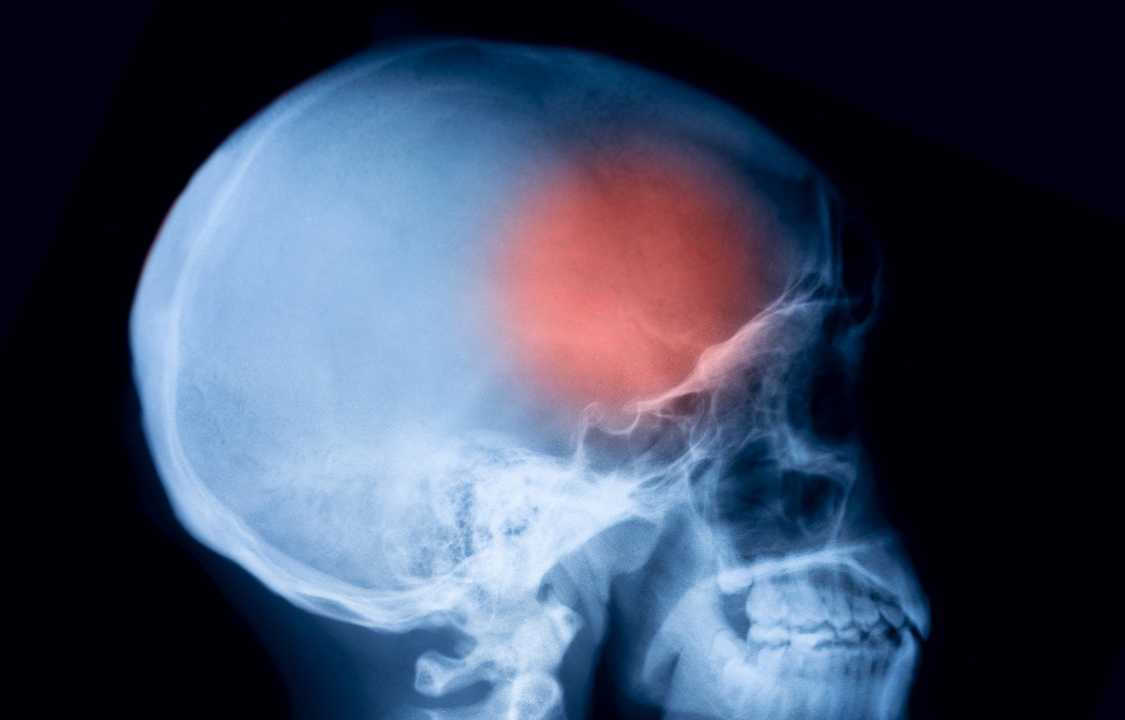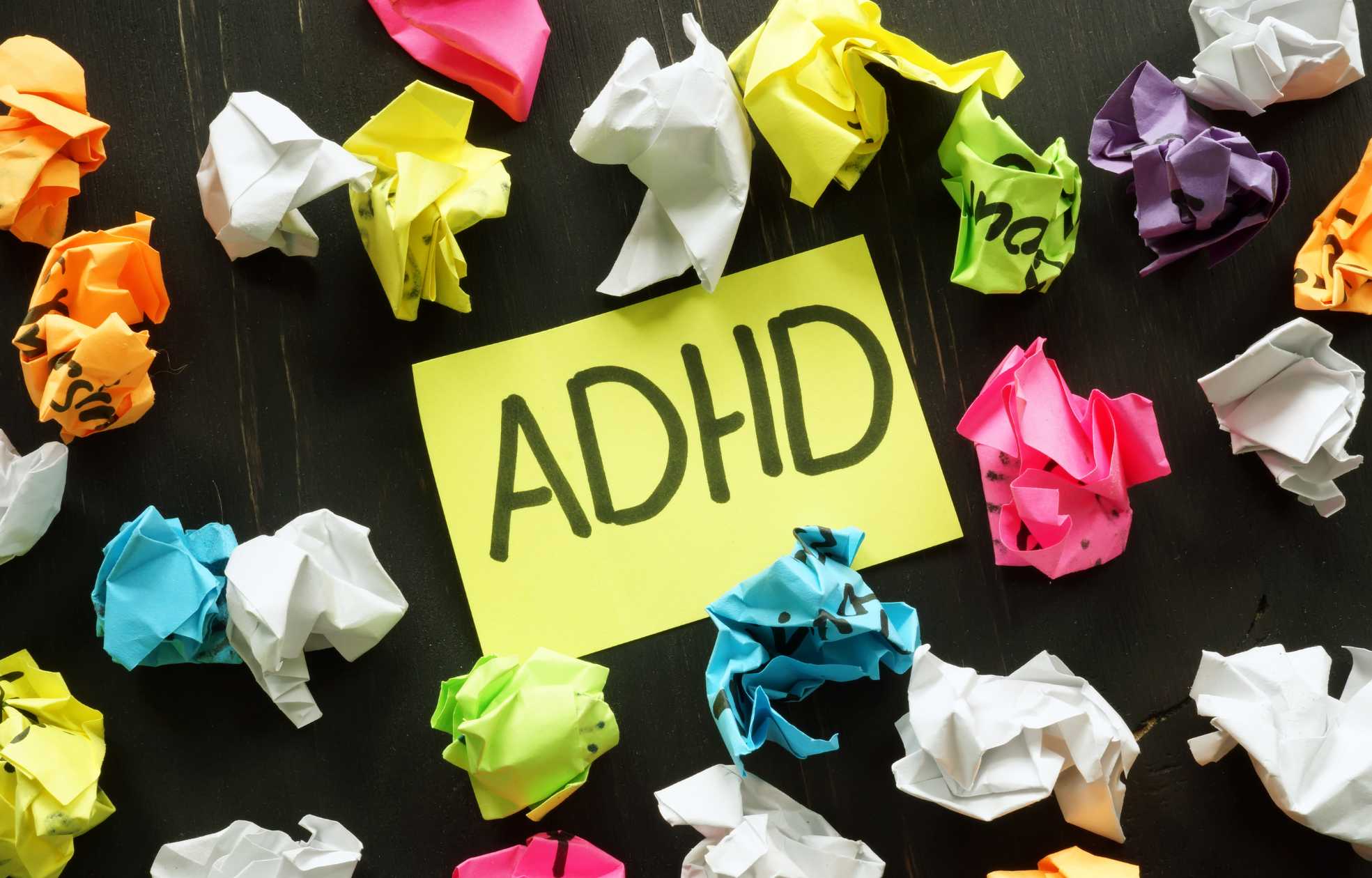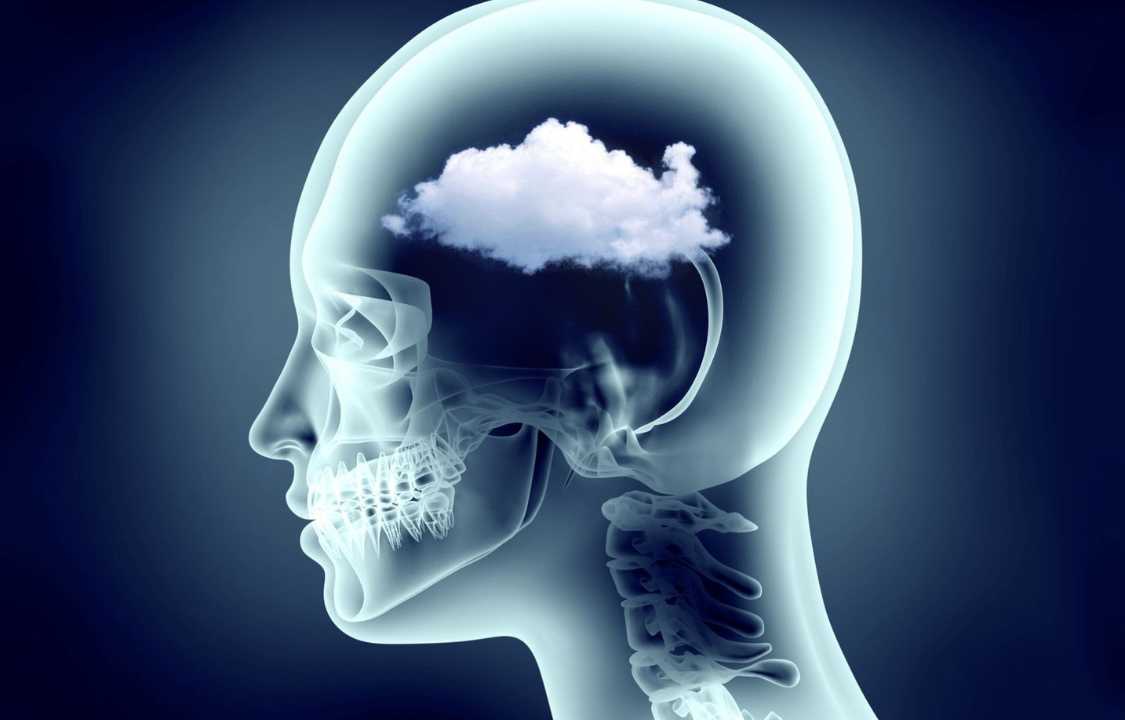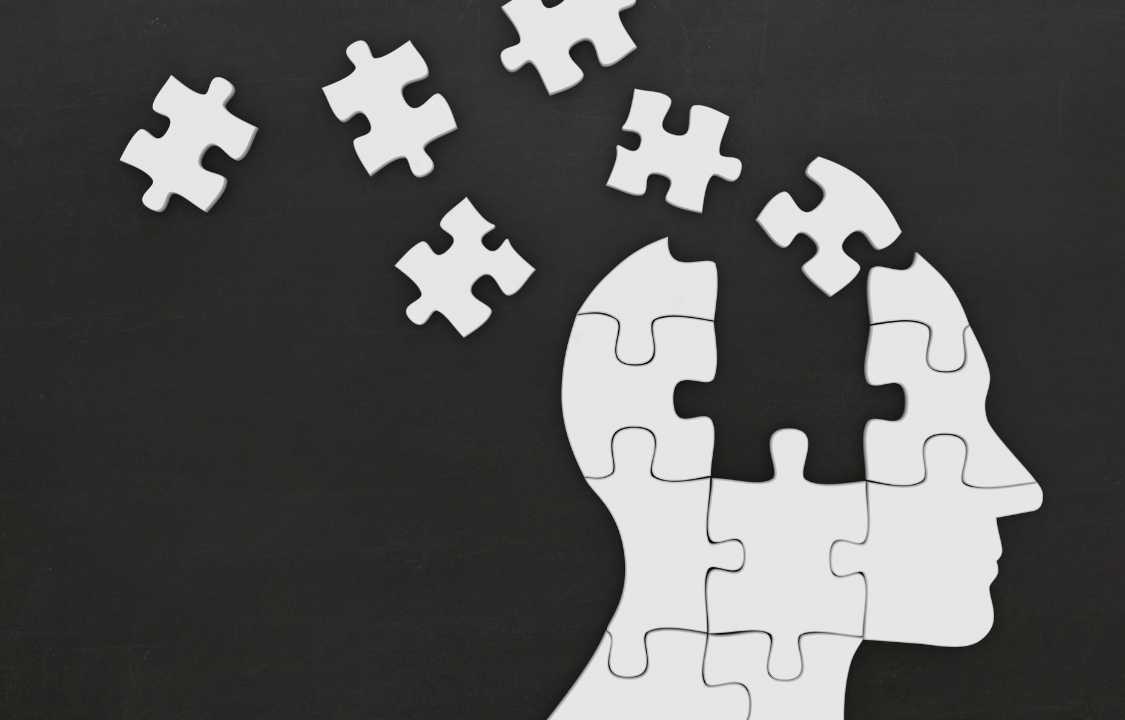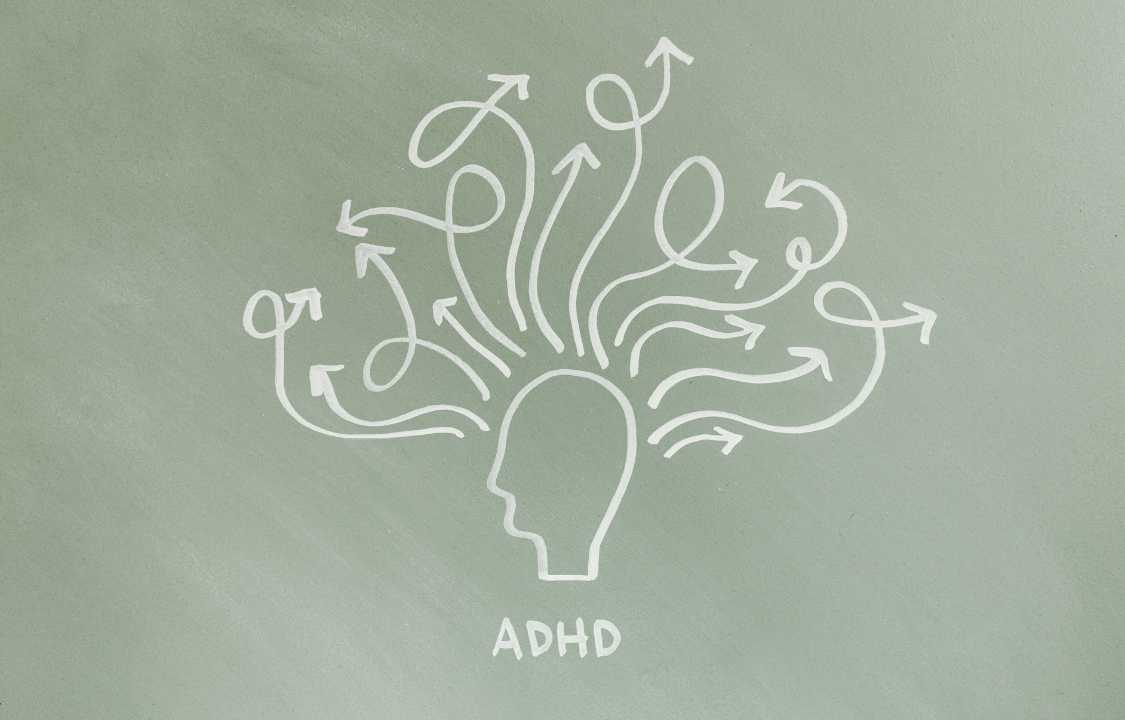This form of inflammation, frequently triggered by either infection or injury, impacts the protective membrane enveloping the brain and spinal cord. In cases where a bacterial infection is suspected, prompt initiation of treatment is imperative. Meningitis, a term that strikes fear into the hearts of many, is a condition characterized by inflammation of the meninges, […]
Category Archives: Brain
Here’s how the brain changes with menopause and how you can reduce your risk of Alzheimer’s. The human body is an intricate network of interdependent systems, and hormones serve as its messengers, orchestrating a symphony of functions that span growth, mood regulation, and reproduction. Among these hormones, estrogen and progesterone have emerged as key protectors […]
Dopamine, often referred to as the brain’s “feel-good” neurotransmitter and hormone, plays a pivotal role in shaping our lives. This chemical messenger influences various aspects of our physical and mental well-being, including reward processing, motivation, memory, attention, and even body movements. When dopamine surges in our brain, usually in response to activities like exercising or […]
The neurodevelopmental condition known as attention deficit hyperactivity disorder (ADHD) is quite widespread and has a negative impact on the growth and development of the brain. Despite the fact that ADHD is most frequently diagnosed in youth, symptoms can continue into adulthood and have an effect on everyday functioning. Inattention, hyperactivity, and impulsivity are the […]
Many of us have experienced the phenomenon known as “brain fog,” which refers to a feeling of mental cloudiness, difficulty focusing, fatigue, forgetfulness, or making errors. However, the severity of brain fog can vary, and for some individuals, it can be a persistent and debilitating part of their daily life. Brain fog can be associated […]
Attention deficit hyperactivity disorder, or ADHD, is a disease that is well-known in the field of mental health. It is possible for it to interfere with a person’s executive functioning, their social skills, their ability to sit still or control their impulses, and their capacity to interact with others. ADHD is more prevalent in children […]
There is only a limited amount of information available about the factors that lead to the attention deficit hyperactivity disorder (ADHD) symptoms of impulsivity, inattention, and trouble with organizing.1 On the other hand, there is data that points to a dopamine shortage being a factor. Dopamine is a neurotransmitter that is produced in the brain […]
It is common to experience occasional forgetfulness as we age, and various factors such as multitasking or menopausal brain fog may contribute to these lapses in memory. However, there are strategies that can reduce the frequency of forgetfulness. Experts suggest that by adopting certain lifestyle changes, you can improve your memory and cognitive function, regardless […]
Menopause is a natural process that occurs in approximately half of the population and signifies the end of fertility as the ovaries gradually decrease the production of sex hormones and menstruation ceases. However, menopause has also caught the attention of researchers who are seeking to understand why nearly two-thirds of individuals with Alzheimer’s disease (AD) […]
The attention deficit hyperactivity disorder, often known as ADHD, is a neurodevelopmental problem, which simply means that it is a condition that interferes with the normal growth and development of the brain. Symptoms of ADHD often begin to manifest themselves throughout infancy and might continue into adulthood. However, these symptoms could shift as a youngster […]

